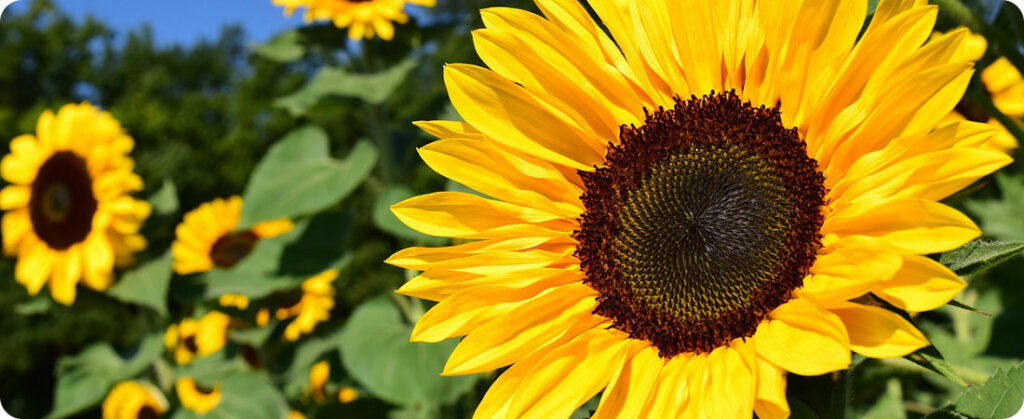
With Bulgaria's ban on imports of sunflower Ukrainian crushing plant set to expire on December 1, local traders and media have defended both sides, while local crushing companies claim they are being prevented from supplying the oilseed, according to AgriCensus trade sources.
Bulgaria implemented this ban after the European Commission decided in September not to extend its temporary ban on Ukrainian imports of wheat, corn, rapeseed and sunflower seeds to Bulgaria, Hungary, Poland, Romania and Slovakia, aiming to protect domestic farmers. .
According to Bulgarian business sources cited in the November 23 AgriCensus report, speculation has increased among market participants and local media about the possible lifting of the ban on sunflower seed imports into the country.
Bulgarian producers demand liberalization of sunflower seed imports from Ukraine
Bulgarian vegetable oil producers reiterated their demand on November 22 for the full liberalization of sunflower seed imports from Ukraine, as reported by local media.
“We have been waiting for two and a half months to see what happens. “No one consulted our opinion on the ban on imports from Ukraine. Now, some conditions are being discussed again,” said Yani Yanev, president of the Oilseed Oil Producers Association, according to local media.
“Sunflower imports must be liberalized,” Yanev said.
The Bulgarian government has ensured the supply of raw materials to crushing companies. However, it did not officially confirm the suspension of the ban, according to a report by AgriCensus.
According to business sources, the government was containing any discontent from Bulgarian farmers.
The lack of clarity confused market participants. This increased speculation, especially about the supply of Ukrainian sunflowers and rapeseed. This uncertainty arises due to the smaller harvest in Bulgaria this season, estimated at 1.6 million tons. This value is almost 24% lower than the previous year, according to estimates from local market sources.
Against this backdrop, Bulgarian buyers also expressed concerns about the new licensing regime in Ukraine for the export of sunflower, corn and rapeseed seeds, as previously agreed between Ukraine and the European Commission, as reported.
At the time of reporting, there was no official confirmation on the status of the ban or plans for its expiration.
Source: Oils & Fats International












